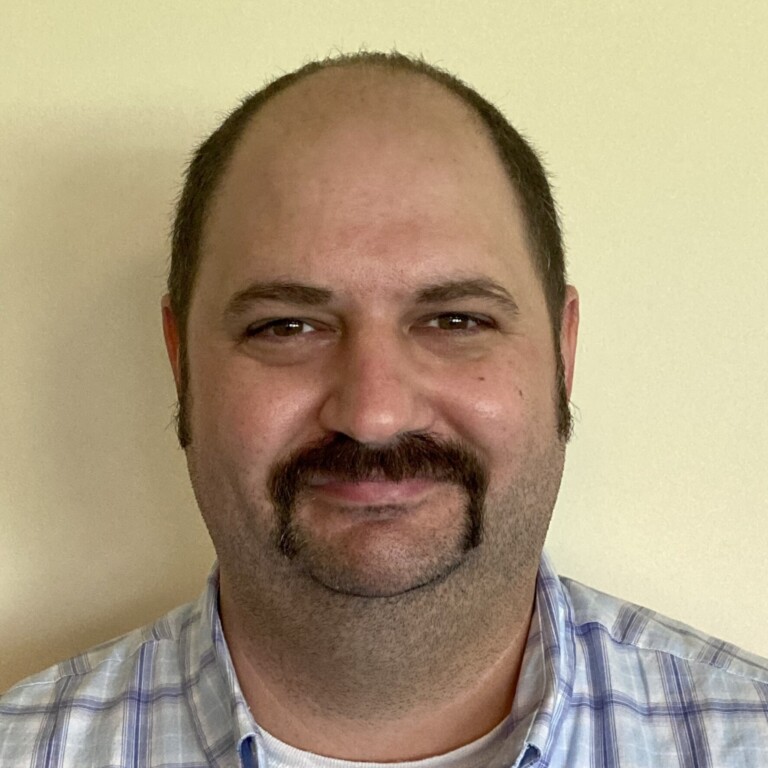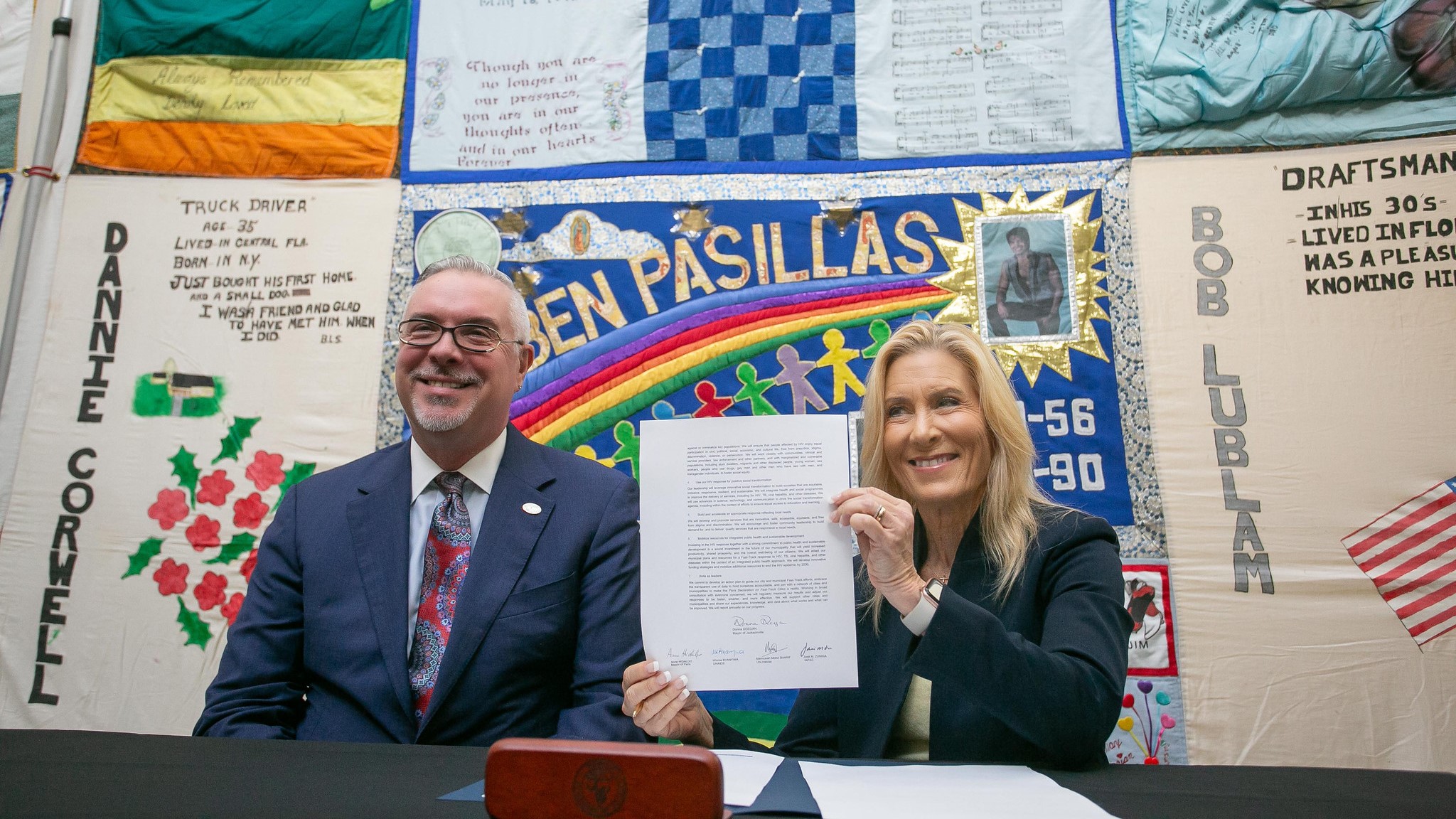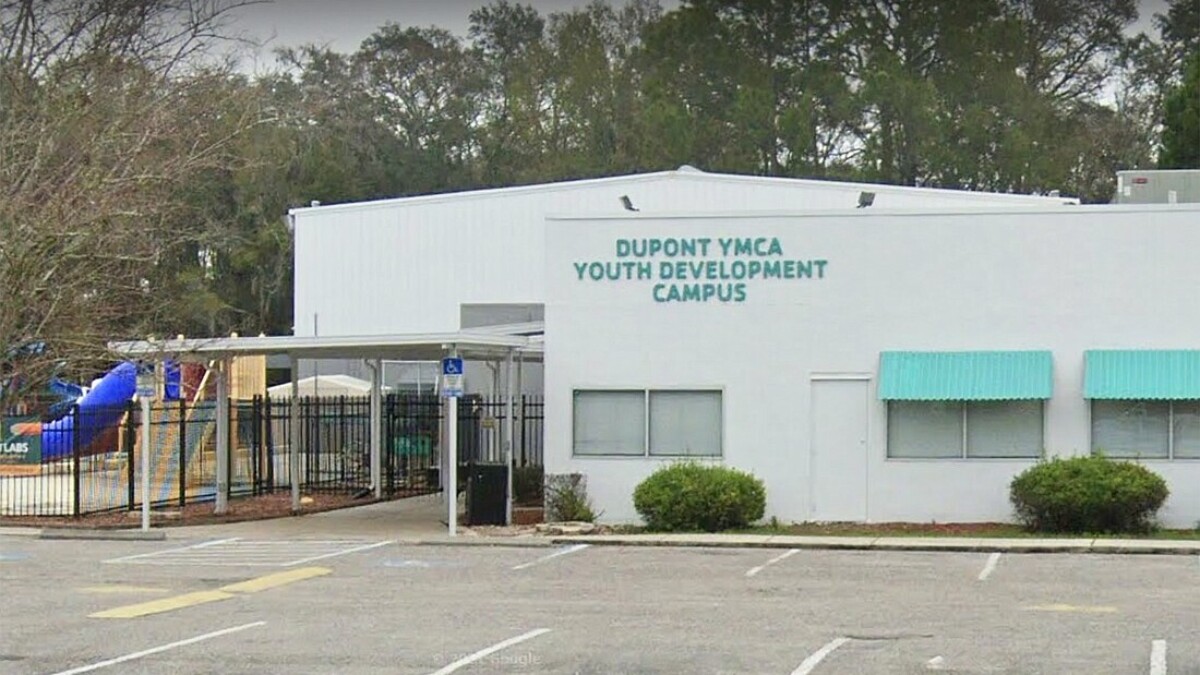Jacksonville is joining hundreds of other cities and international organizations to try to stop the spread of HIV by 2030.
The city held a signing ceremony Wednesday to officially join the partnership called Fast-Track Cities.
The partnership is between more than 500 cities worldwide, the International Association of Providers of AIDS Care, the Joint United Nations Programme on HIV/AIDS, the United Nations Human Settlements Programme, and the city of Paris.
Jacksonville officials say the partnership will allow them to figure out the best way to prevent the spread of HIV, and the city will also be able to access grant funding for HIV education testing and treatment.
The partners share goals of having 95% of the HIV-positive population know their status, 95% of people living with the virus to be on treatments, and 95% of people living with HIV to have their viral load suppressed.
Jacksonville joins Miami, Fort Lauderdale, and Tampa as the only cities in Florida that are Fast Track Cities.
Chief Health Officer for the city Dr. Sunil Joshi says Duval County is outpacing the state average in new HIV infections and people living with the virus per capita.
“We know it’s an issue here. There are certain populations that are more likely to suffer these consequences. There are the same populations that we have issues with health in general. It’s our underserved population, the built environment, the folks that deal with social determinants of health, the same folks that are dealing with HIV,” Joshi said.
Joshi said a community needs further assessment with community stakeholders to figure out next steps.
According to 2023 numbers from the Florida Department of Health, Duval County ranked No. 8 in the state per capita for new HIV diagnoses, and the county’s rate of infections was 25% higher than the state average: 26 new HIV diagnoses per 100,000 residents.
Duval County also ranked No. 11 in the state per capita for residents living with HIV: about 679 people per 100,000, outpacing the state’s rate of 566 per 100,000.
Cedric Williams is one of the Duval County residents living with the virus. He said during Wednesday’s signing ceremony that testing and education are going to be key in preventing the spread of HIV by 2030.
“I used to tell myself, ‘This can’t happen to me.’ Well, it happened to me,” Williams said. “Once I was diagnosed, I had to do something for the community and myself. I joined several organizations and talked about my longevity living with HIV.”







